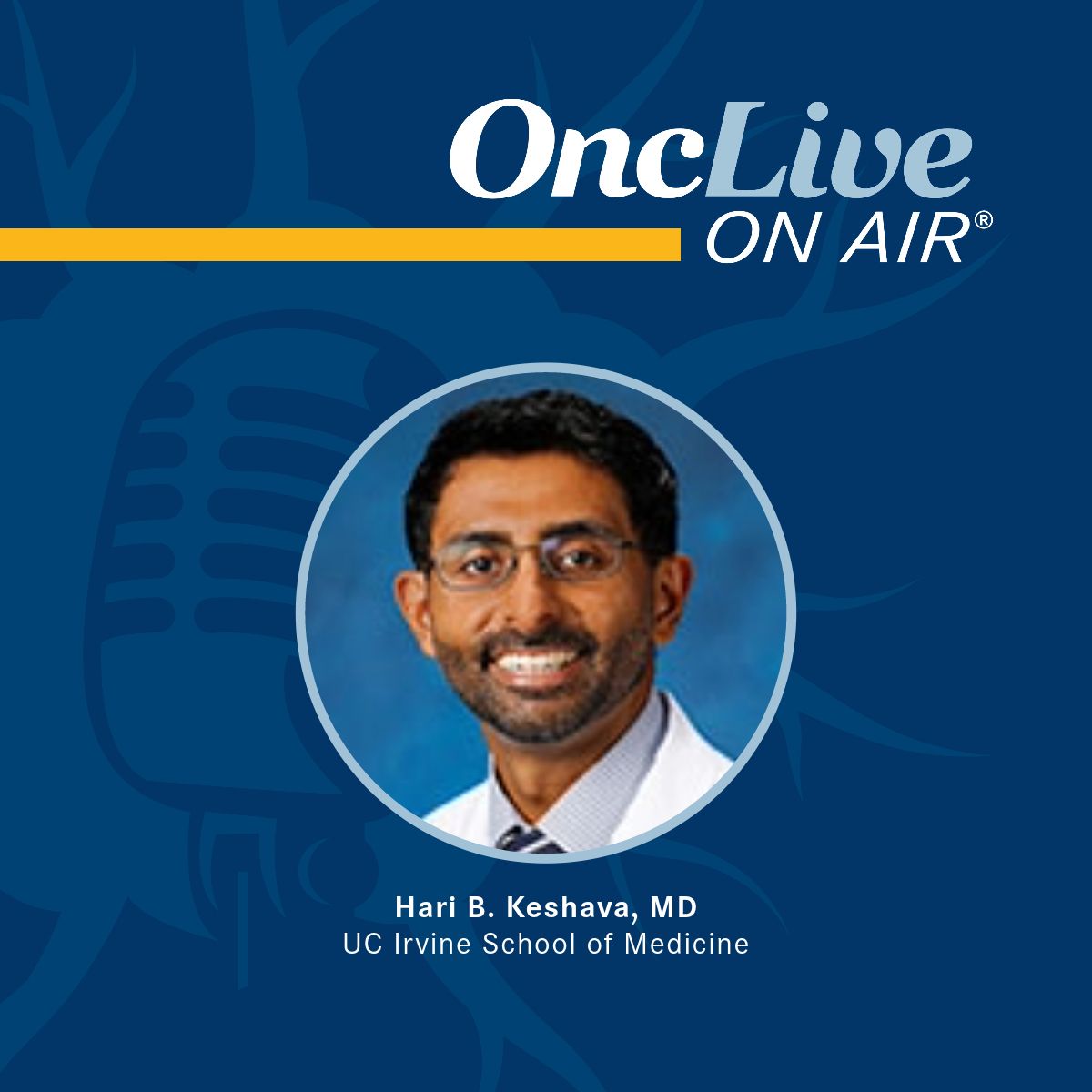Commentary
Video
Dr Santos Castillero on Unmet Needs to Be Addressed in NSCLC
Author(s):
Edgardo S. Santos Castillero, MD, FACP, discusses current unmet needs that remain to be addressed in patients with relapsed/refractory non–small cell lung cancer.
Edgardo S. Santos Castillero, MD, FACP, medical director, the Oncology Institute of Hope and Innovation; clinical associate professor, thoracic medical oncology, the Charles E. Schmidt College of Medicine, Florida Atlantic University; vice president, the Florida Society of Clinical Oncology (FLASCO); president, the FLASCO Foundation, discusses current unmet needs that remain to be addressed in patients with relapsed/refractory non–small cell lung cancer (NSCLC).
Between the 2023 ASCO Annual Meeting, 2023 ESMO Congress, and 2023 IASLC World Conference on Lung Cancer, there's a plethora of discussions surrounding lung cancer, Santos Castillero begins. Focusing particularly on early-stage disease, especially in the EGFR-positive space, the phase 3 ADAURA trial (NCT02511106) established osimertinib (Tagrisso) as the standard of care (SOC) for postsurgical patients with NSCLC harboring a sensitizing EGFR mutation, such as an EGFR exon 19 deletion or EGFR exon 21 mutation, Santos Castillero elucidates. If such mutations are identified, patients are eligible to receive osimertinib, a third-generation EGFR TKI, for a duration of 3 years, he states.
The ADAURA trial, which compared osimertinib with placebo over 3 years, yielded positive results in overall survival (OS), Santos Castillero continues. Patients receiving osimertinib for 3 years had a higher chance of OS at the 5-year mark compared with those who received placebo, he emphasizes. Consequently, osimertinib has become the SOC in the adjuvant setting for patients with stage IB, IIB, and IIIA disease, marking a new indication for its use, Santos Castillero adds.
Promising data have also emerged from the phase 3 ALINA trial (NCT03456076), which followed a comparable design to that of ADAURA, with disease-free survival (DFS) and OS as primary end points, although final OS data are pending, he expands. Based on the ALINA data, oncologists anticipate the potential FDA approval of alectinib (Alecensa), the TKI evaluated in the ALINA trial, for adjuvant use in patients with stage IB to IIIA ALK-positive NSCLC.
With osimertinib already boasting established OS data in the adjuvant NSCLC setting, the DFS findings with alectinib indicate that this agent will likely receive FDA approval in the same setting, according to Santos Castillero. The key message for this population is the importance of genomic testing for every patient with lung adenocarcinoma undergoing surgery and pathologic staging, Santos Castillero concludes, adding that it's crucial to ascertain whether apatient's tumor harbors EGFR or ALK alterations, as early-stage therapy should be tailored accordingly.









